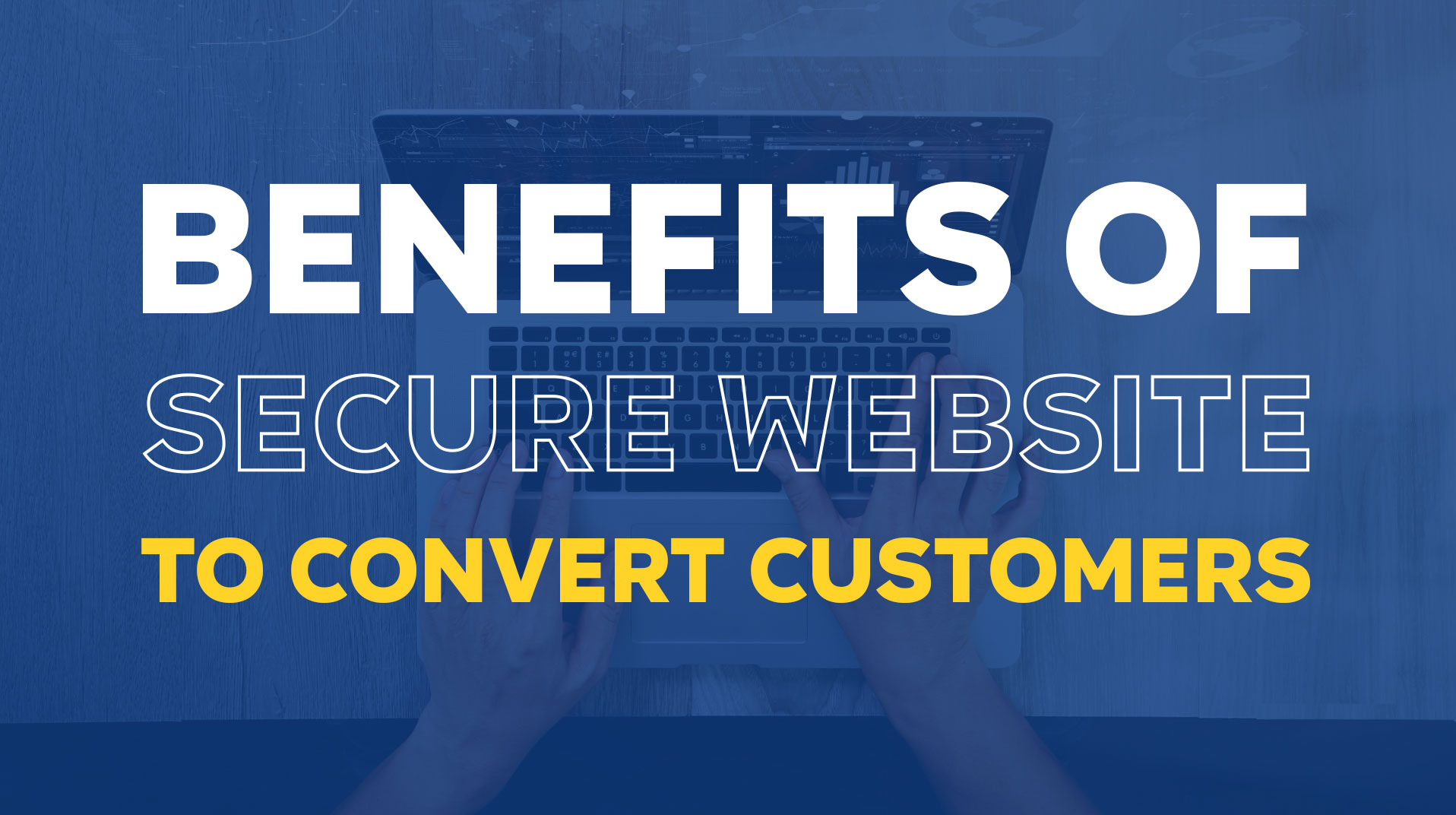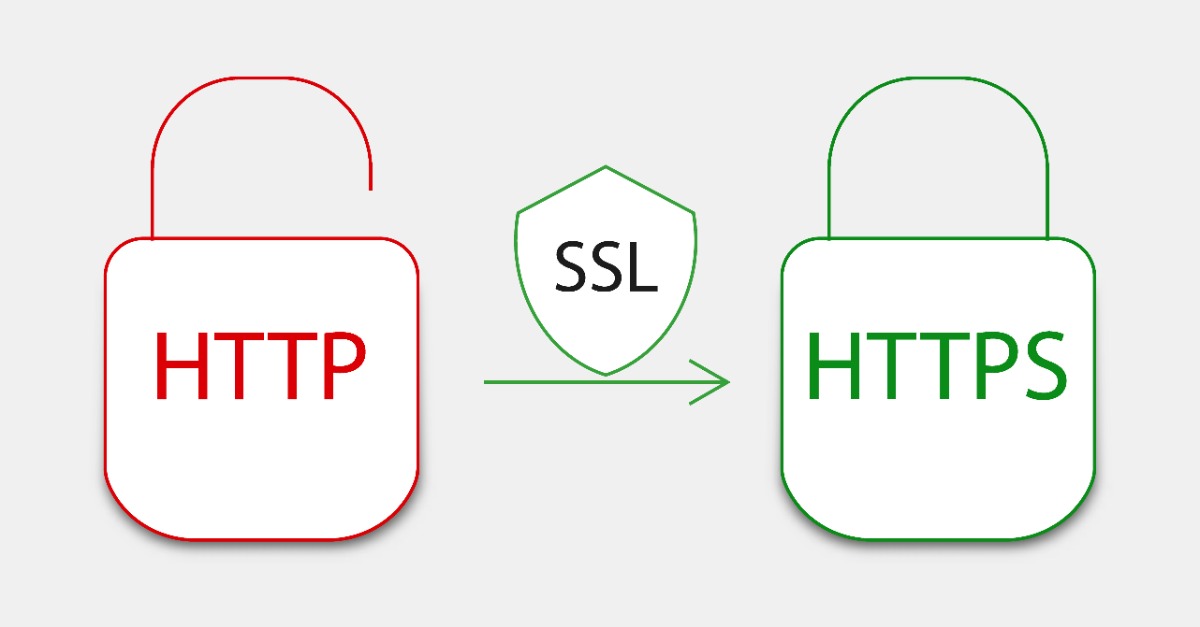
With thousands upon thousands of online retailers to choose from, a customer has the option of simply clicking away from a website if they aren’t satisfied with its security. A secure website goes on a long way in converting a potential customer. Here are a few ways websites can gain the trust of those browsing.
SSL Certificates

An SSL certificate is a Secure Sockets Layer certificate, which encrypts a customer’s data, not allowing the web server access. This is particularly useful for sensitive information such as credit card numbers and personal details.
HTTPS
HTTPS, or HyperText Transfer Protocol Secure, lets users know that the website is secure. You may have seen the padlock icon that appears on your web browser when a website uses HTTPS.
Regular security audits
Companies should regularly check their websites for any potential vulnerabilities. This helps catch risks before they get exploited.
Websites’ software should be kept up to date, with the latest CMS, plugins and scripts. Outdated software is more likely to be targeted by hackers.
Let customers know about any data breaches
Customers are now used to trustworthy companies being more open about any data breaches. It’s not unusual for a company to email their customers to inform them of a recent hack to let them know how the customer may be impacted, and how they’re seeking to resolve the situation.
How do these methods help convert customers?

These things increase customers’ trust, and let them know that a website is credible. Any online shopper will have grown accustomed to seeing that reassuring padlock on their browser, and so a website lacking such a sign of security can appear risky.
SSL certificates help companies comply with data protection regulations like GDPR and PCI DSS, and users want to know that a website they’re buying from meets legal standards. Importantly, Google and other search engines favour HTTPS websites. This means that a site using HTTPS will rank higher in Google’s algorithm. HTTPS can also improve loading times(one of the important factors of SEO checklist) , which means a potential customer is more likely to stick around on a website.
Regular audits let customers know that a company is committed to security, and by sharing these measures with customers, a company builds trust and loyalty.
In what other ways do customers keep themselves secure?
In the digital age, we are used to reading – or skimming, or ignoring – all sorts of privacy documents. Although many internet users click “agree” to privacy policies without reading their contents (56% of Americans, report Pew Research Center), some users are more savvy.
Some internet users choose premium VPN services and browsers such as Brave, which automatically blocks ad-tracking cookies.
A 2023 paper summarised the benefit of VPNs: “VPNs allow users or corporations to connect to remote servers, branch offices, or to other companies over a public internetwork, while maintaining secure communications.”
Conclusion
The security of a website has an enormous impact on the likelihood of customers making a purchase. Customers want to know their payment details are safe, and secure payment gateways and SSL certificates can help give them peace of mind.

Speak with our CRO Specialist
Got a quick question about conversion rates and generating conversions
for your local business? We can help.
Speak to one of our experts today on 01702 668207 or send us a message.
